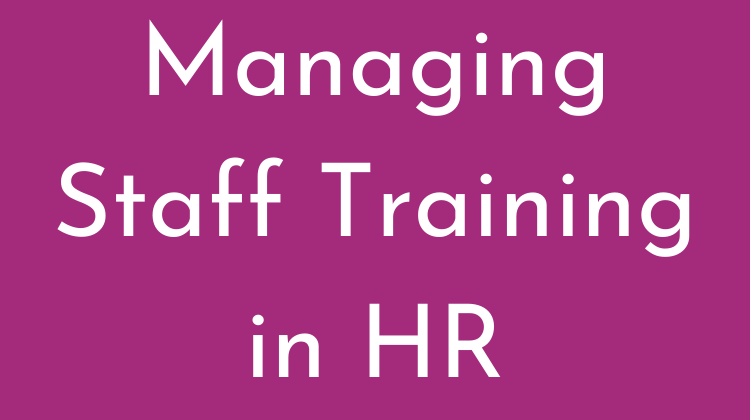Mental Health at Work–Starting the Conversation
Mental Health at Work has become a much discussed subject over recent years. With around one third of our lives spent at work, it is highly likely a team member is struggling to cope.
Many staff members keep their struggles hidden in fear of letting the team down or not achieving goals. Therefore, it’s common for these employees to reach crisis point before colleagues are aware of any issues.
In order to avoid crisis point, creating a positive wellbeing atmosphere at work is important. Setting out a simple plan and offering regular wellbeing conversations will achieve this. The more supported your staff feel, the happier the workplace will become.
The Workplace Statistics
In 2021/22, the HSE reported 914,000 workers suffered from work related stress, depression & anxiety, which accounted for 55% of working days lost.
The causes are thought to be;
- Tight Deadlines
- Workload
- Too much pressure & responsibility
- Lack of support
- Violence & Bullying
- Organisational Changes
- Role Uncertainty
How to recognise if someone is experiencing mental health?
You will know your colleagues and therefore may notice a change in them. However, not everyone shows signs, hence the importance of a positive wellbeing environment.
Everyone is different, however some signs may include;
- Changes in their behaviour/mood
- Changes in their work focus & productivity
- Difficulty with decision making
- Tiredness, anxiety, or withdrawn
As part of Samaritans Talk to Us Month, we have put together our top tips on getting the conversation started with mental health at work;
Top Tips for Starting a Mental Health Conversation
- Conversation Place
A private place where the person feels comfortable & equal.
- Encourage Talking
People find mental health conversations difficult. Therefore, creating an ongoing open culture will help normalise discussions. Try making mental health conversations routine.
- Use Questioning
Ask simple, open & non-judgmental questions. People can therefore explain their current situation in their way.
- Listen
Everyone’s experience of mental health is different, so we must treat people as individuals. Listen to what your staff member says and consider what changes would support their individual requirements.
- No assumptions
Don’t assume symptoms an employee might have or the impact of these on their job. Let them expand on this so you can implement any additional support specific to them.
- Be honest
If there are concerns about this employee. For example, high absence levels or impaired performance. It’s important to address these straight away.
- Confidentiality
You must reassure employees of confidentiality. This is highly sensitive information and should only be shared when absolutely necessary. You can discuss with the individual what information you may need to share and with whom.
- Reassure people
Not everyone will be ready to talk straight away. Instead, outline their available support, tell them your door is always open, and let them know you will support them.
- Create an action plan
Ensure a solid action plan with the individual. This should identify their signs, triggers, impact on work, who to contact in a crisis, and support requirements. Read our stress management guidance for further advice.
- Encourage further support
The role of a mental health first aider is to support staff. Offering an outlet to talk as well as signposting them to relevant agencies. Often their GP, or a charitable organisation such as Samaritans or Mind, are great starting places.
Our Simple Approach…
Mental health first aiders need the right tools to start a mental health conversation. Our trainers use the ABC approach to achieve the best outcome for the employee.
Assess the situation for any risk
Be Present
Co-Create a Plan
If you would like to learn more about supporting mental health at work, starting a mental health conversation & becoming a first aider. Visit our Mental Health First Aider page here.
As we are supporting Talk to Us month as part of Samaritans campaign, here is a bit more about them;
Samaritans’ helpline is available to anyone who needs us, whatever they’re going through, 24 hours a day, 365 days a year. We respond to over 5 million calls for help a year. Our 20,000 trained volunteers are also at the heart of local communities, working directly with schools, hospitals, workplaces, prisons and in the military.
It’s thanks to our local and national partnerships that our services can reach the right people, in the right places, at the right time.










